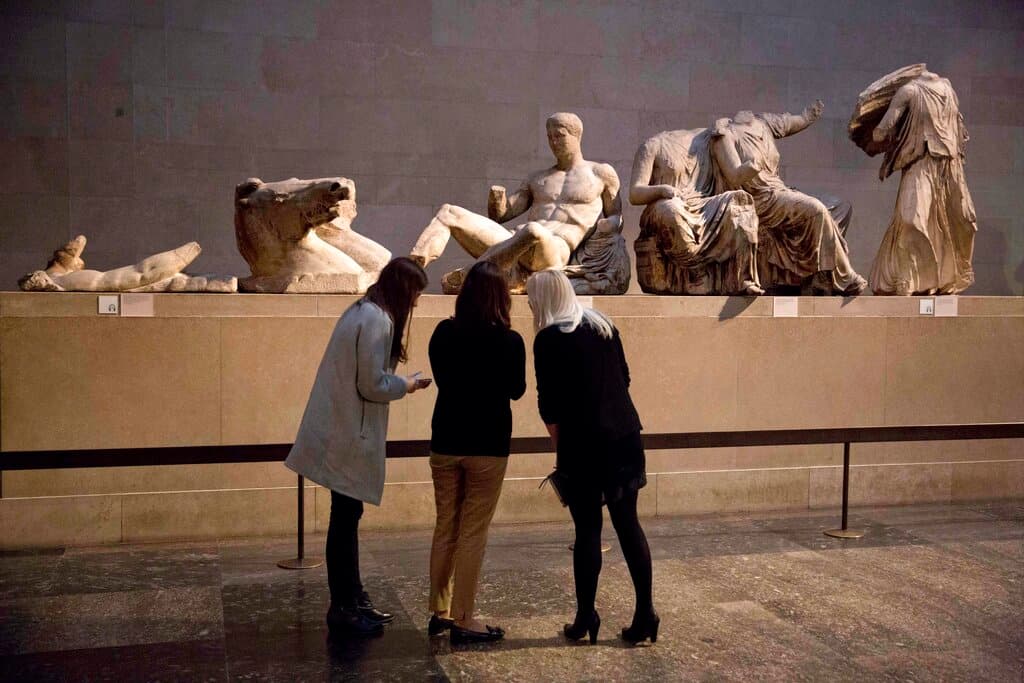Could Britain, Greece Be Nearing Compromise Over Elgin Marbles?
From London and Athens come hints of an end to a longstanding dispute.

Could the world’s longest layover be coming to a close? There are signs the famed Parthenon sculptures now in the British Museum could soon be heading back to their original home in Greece.
Please check your email.
A verification code has been sent to
Didn't get a code? Click to resend.
To continue reading, please select:
Enter your email to read for FREE
Get 1 FREE article
Join the Sun for a PENNY A DAY
$0.01/day for 60 days
Cancel anytime
100% ad free experience
Unlimited article and commenting access
Full annual dues ($120) billed after 60 days

